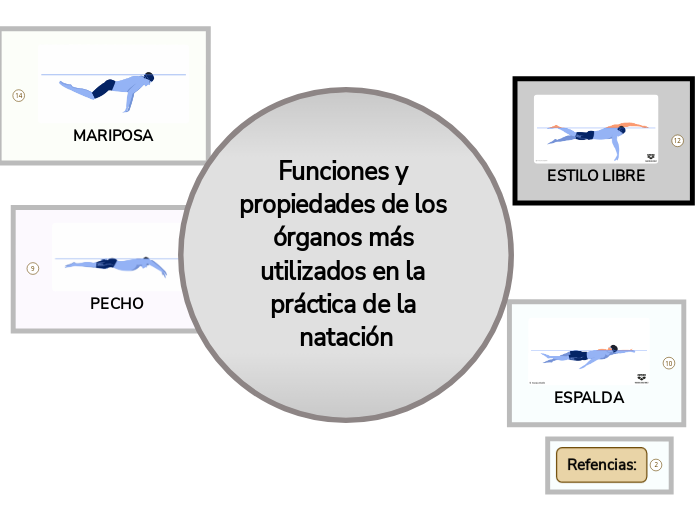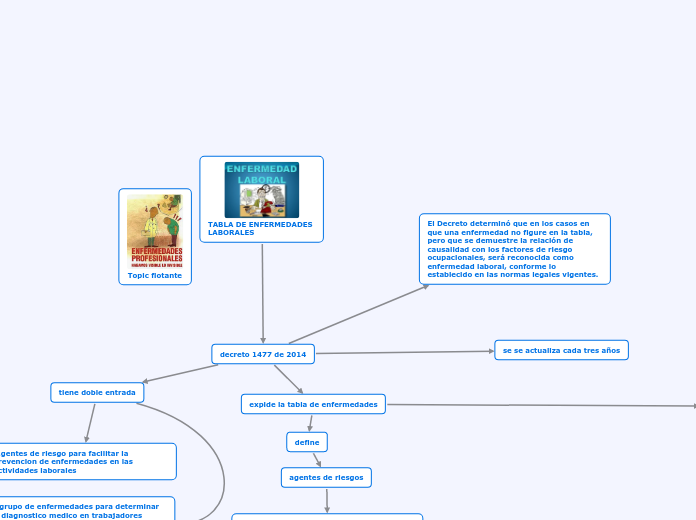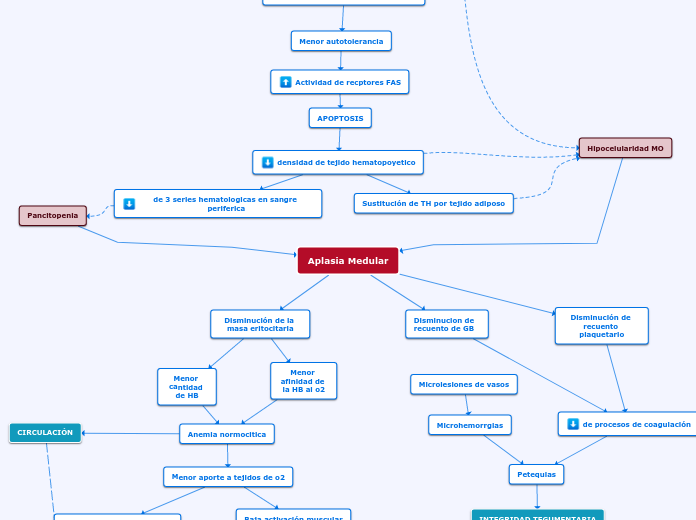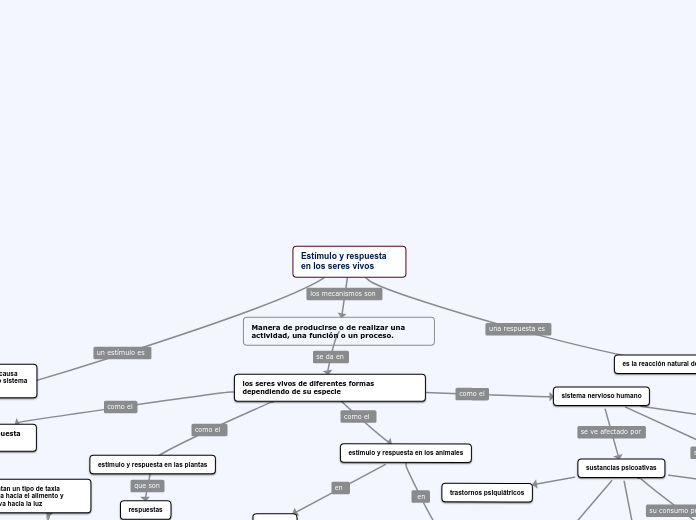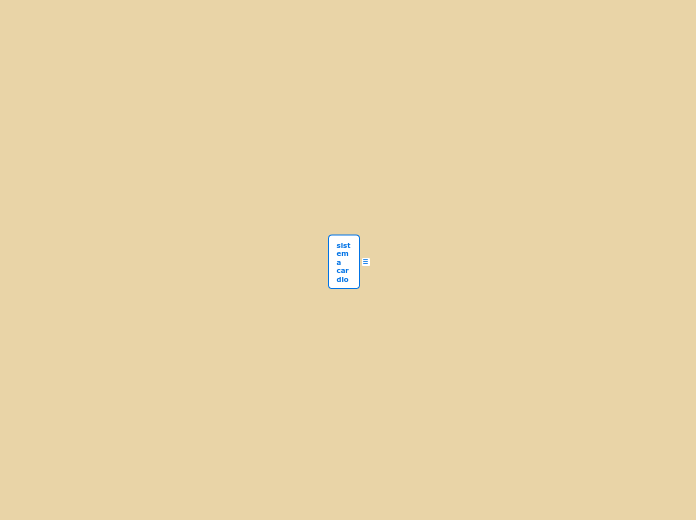Funciones y propiedades de los órganos más utilizados en la práctica de la natación
In linguistics, syntax is the set of rules, principles, and processes that govern the structure of sentences in a given language, usually including word order.
PECHO
A compound sentence is a sentence that has at least two independent clauses joined by a comma, semicolon or conjunction. An independent clause is a clause that has a subject and verb and forms a complete thought.
367 Kcal (30 min)
Create your own compound sentences, using the coordinators above.
Respiración anaerobica
When independent clauses are joined with coordinators (also called coordinating conjunctions), commas and semicolons, they do more than just join the clauses. They add meaning and flow to your writing.
Bíceps braquial, Pectoral, Abductor, Isquiotibial, Dorsal
MARIPOSA
A complex sentence is a sentence that contains an independent clause and one or more dependent clauses.
An independent clause can stand alone as a sentence, but a dependent clause even though it has a subject and a verb cannot stand alone.
Attributive clauses serve as an attribute to a noun (pronoun) in the main clause. This noun or pronoun is called the antecedent of the clause.
404 Kcal ( 30 min)
A predicative clause may be introduced by conjunctions - that, whether, whether... or, as, as if, as though, because, lest, the way - or connectives.
The latter may be conjunctive pronouns - who, whoever, what, whatever, which - or conjunctive adverbs - where, wherever, when, whenever, how, why.
Aumento de glóbulos rojos
Add example
Volumen eyectado
Corazón/ sangre
Frecuencias cardiaca alta
The object clause is a phrase on which a verb performs an action. It falls at the end of a sentence, and is governed by a verb or a preposition.
Dorsal ancho, Deltoides, Romboides, Trapecio, Recto abdominal, Oblicuo externo e interno
Externo
Interno
Refencias:
Maglischo, E. W.(2009). Natacion:Tecnica, entrenamiento y competición, Badolona, España: Paidotribo.
Pale, por P., Coca, por D. F., & Vázquez, por J. P. (2017, June 19). ¿Qué músculos ejercitamos más cuando nadamos a crol? Planeta Triatlón. Retrieved March 21, 2022, from https://www.planetatriatlon.com/musculos-ejercitamos-mas-cuando-nadamos-crol/
ESPALDA
See the example below and try to create your own simple sentences.
Tim is the driver.
257 Kcal (30 min)
SISTEMA NERVIOSO
See the example below and try to create your own simple sentences.
Tim drives the car.
Mejora el cerebro
Claridad
Agilidad mental
Enfoque
Concentracion
See the example below and try to create your own simple sentences.
Tim drives.
Dorsal ancho, pectoral, triceps, redondo mayor, trapecio, subescapular
ESTILO LIBRE
CALORIAS
257 Kcal (30min)
SISTEMA RESPIRATORIO
The predicate of a sentence is the part that modifies the subject in some way. Because the subject is the person, place, or thing that a sentence is about, the predicate must contain a verb explaining what the subject does and can also include a modifier.
Mejora el sistema cardiovascular, circulatorio
Cardiovascular
SISTEMA MUSCULAR
The subject of a sentence is the person, place, thing, or idea that is doing or being something. You can find the subject of a sentence if you can find the verb.
Ask the question, 'Who or what 'verbs' or 'verbed'?' and the answer to that question is the subject.
Abdomen, glúteos, intercostales y cuádriceps.
Glúteos
Intercostales
Dorsal ancho, Pectoral, deltoides, tríceps, bíceps, trapecio, redondo mayor.
Redondo Mayor
Deltoides
